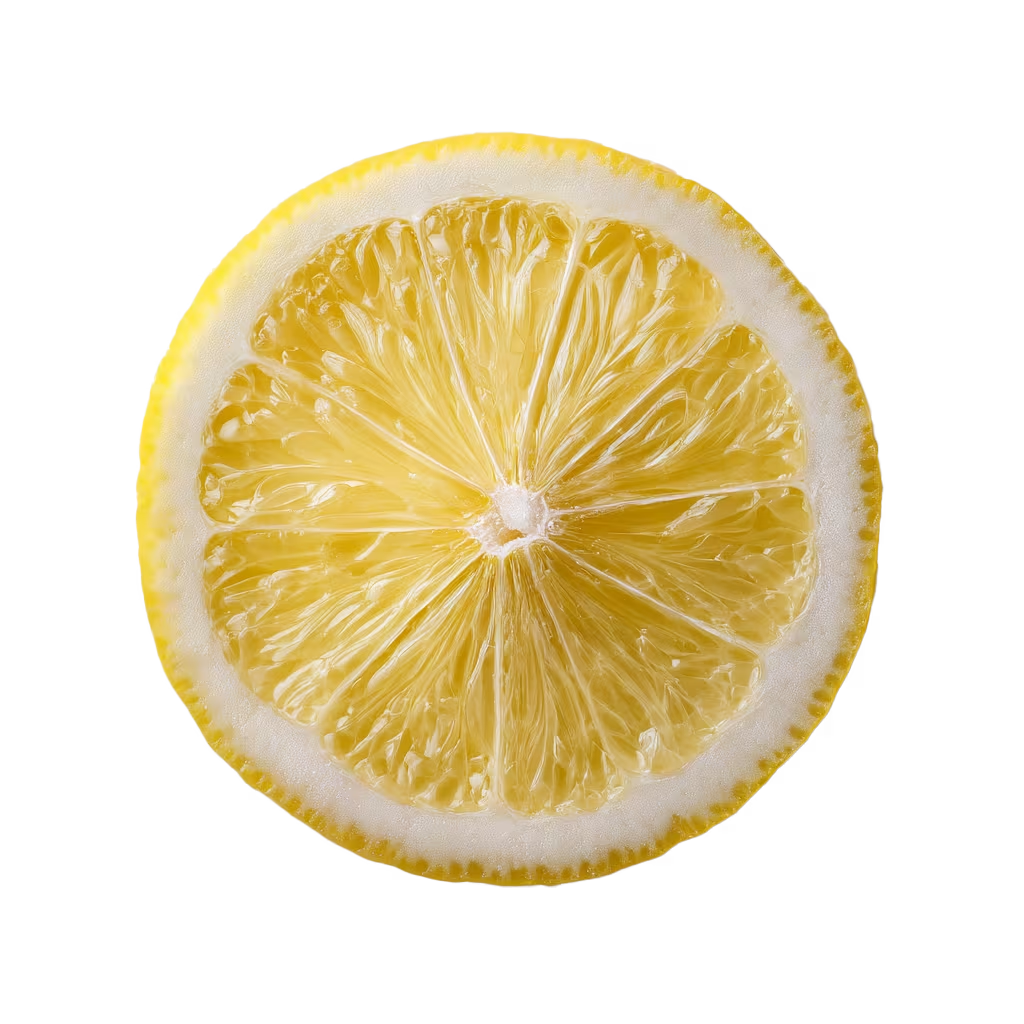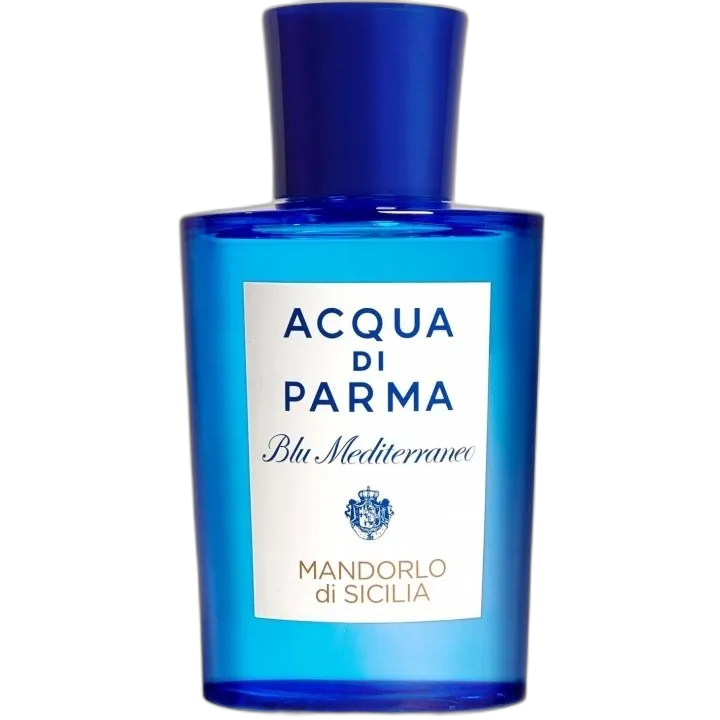citrus
Lebanon Cedar
The Lebanon cedar, scientifically named Cedrus libani, is a majestic evergreen tree native to the mountains of the Eastern Mediterranean basin, notable for its historical and cultural significance throughout the region. It is prominently featured in various ancient texts and has been revered for thousands of years. The tree can grow up to 40 meters in height and develops a wide, spreading canopy. The foliage consists of dark, blue-green needles, and it produces large, barrel-shaped cones.
The scent profile of Lebanon cedar is often described as woodsy and resinous with a slightly sweet, balsamic undertone. It is robust and earthy, with hints of rich, leathery and smoky notes, making it a popular choice in the making of perfumes, incense, and essential oils. Its aromatic qualities are believed to induce a calming and grounding effect, which is why it is frequently used in aromatherapy as well. The wood of Lebanon cedar is also highly prized for its durability, resistance to decay, and aromatic properties, historically used in building, furniture, and ship construction.
Like this smell?
Discover your fragrance match by taking our quiz and exploring scents tailored to your taste.
Top fragrances using this Note

